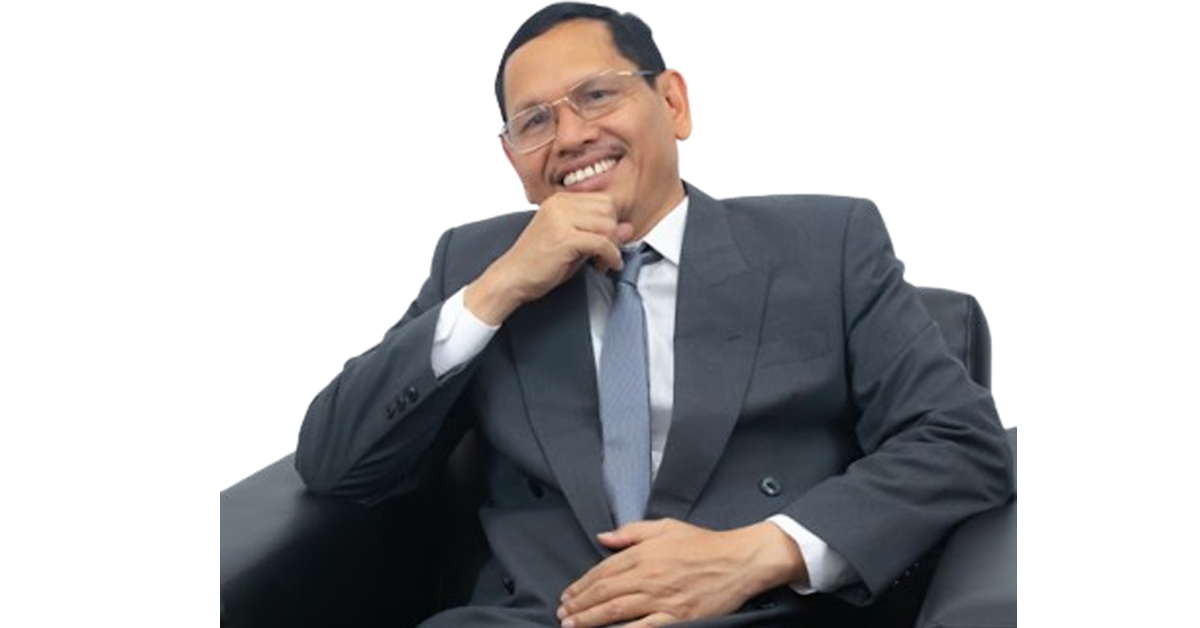What Prabowo Subianto Might Think About Pesantren
Prof. Dr. Imam Subchi, M.A.
Vice Rector II for General Administration
The historical role of santri, kiai, and their home pesantren has been integral to Indonesia’s nation-building process. Since the era of independence, their contributions have shaped not only the spiritual foundation of society but also its civic and political resilience. The establishment of National Santri Day through Presidential Decree No. 22 of 2015 reaffirmed the state’s recognition of this legacy, linking it to the 1945 Resolusi Jihad led by KH. Hasyim Asy’ari.
Today, this recognition continues under the leadership of President Prabowo Subianto, who has intensified government attention toward the pesantren community. His administration’s decision to establish the Directorate General of Pesantren under the Ministry of Religious Affairs signifies a structural commitment to strengthening Islamic education, improving student welfare, and modernizing pesantren management. As of 2025, Indonesia records over 42,000 pesantren, comprising both traditional and modern institutions.
President Prabowo’s engagement extends beyond domestic reform. His foreign policy actively positions Indonesia as a moral and humanitarian actor in the Muslim world. From vocal advocacy for Palestinian sovereignty at the United Nations and the Organization of Islamic Cooperation (OIC) to chairing international donor conferences for Gaza’s reconstruction, Prabowo has elevated Indonesia’s credibility as a global bridge for peace and Islamic moderation. These efforts culminated in a series of high-level diplomatic initiatives in 2024–2025, including the “Islamic Green Finance Framework” at the G20 Summit and the establishment of an "Islamic Humanitarian Fund for Africa" during the OIC Emergency Summit in Jakarta.
Such diplomacy is grounded in what scholars describe as Islam Nusantara: a distinctly Indonesian articulation of Islam that blends tolerance, local wisdom, and modern rationality. This approach underpins Indonesia's broader strategic goal of internationalizing moderate Islam as a form of "soft power." Through educational exchange programs, economic partnerships, and humanitarian diplomacy, Indonesia projects a model of Islam that is inclusive, reform-minded, and globally relevant.
Moving forward, Indonesia’s global Islamic diplomacy under President Prabowo rests on three sustainable strategies:
-
Humanitarian diplomacy rooted in universal Islamic values, reinforcing Indonesia’s role as mediator in Muslim-world conflicts.
-
Initiatives such as Islamic Green Finance promote Syariah-based economic cooperation, fostering shared prosperity that transcends geopolitical divides.
-
Educational and cultural diplomacy, exemplified by the Modern Pesantren Partnership Program, strengthening people-to-people ties across nations.
Together, these pillars form a coherent framework for positioning Indonesia as a legitimate and neutral voice amid shifting global politics. The formation of the Directorate General of Pesantren thus reflects Indonesia’s broader commitment.
This article was originally published in RM.ID on Friday (24/10/2025)

